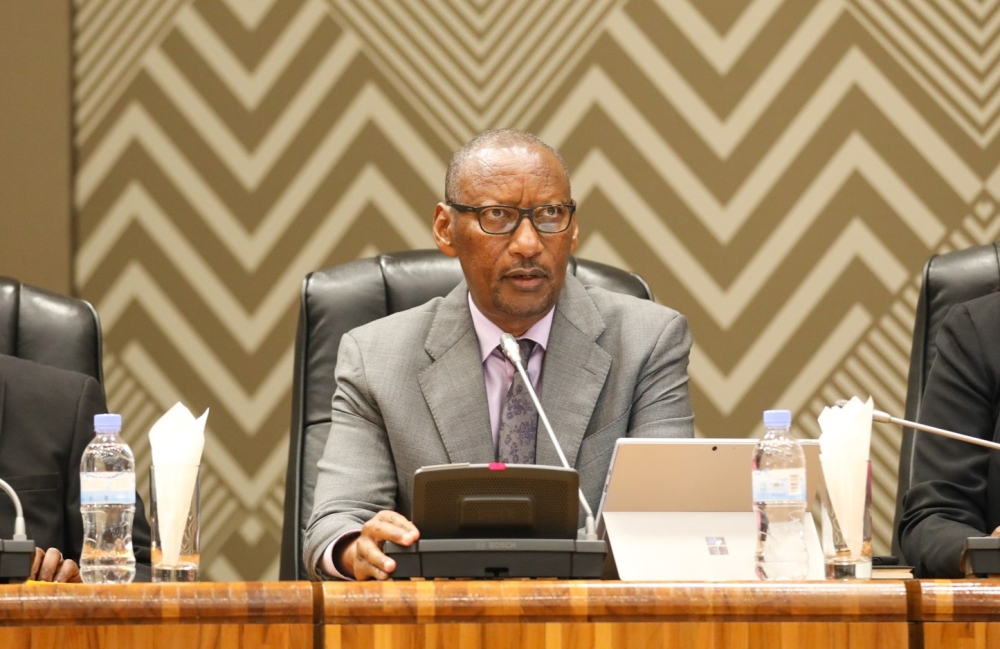

The National Bank of Rwanda (NBR) announced on November 18 that it plans to establish regulations on cryptocurrency use and trading.
It is expected that,in the first quarter of 2025, the central bank will have agreed with Rwanda’s Capital Market Authority (CMA) on the cryptocurrency regulations, according Governor John Rwangomba.
ALSO READ: Why central bank maintains caution on crypto currencies
Rwangomba disclosed the plan on November 18 while presenting NBR’s 2023/2024 annual report to Parliament.
He was responding to a query from MP Phoebe Kanyange, on the central bank’s take on the use of Bitcoin, a cryptocurrency, in Rwanda. Kanyange said that there are reports of the use of Bitcoin in the country.
Cryptocurrencies are digital tokens. They are a type of digital currency that allows people to make payments directly to each other through an online system. Cryptocurrencies have no legislated or intrinsic value; they are simply worth what people are willing to pay for them in the market. This is in contrast to national currencies, which get part of their value from being legislated as legal tender.
ALSO READ: FEATURED: The rising adoption of cryptocurrency in Rwanda
According to Rwangombwa, digital currencies are very volatile – sometimes their value drastically goes up, sometimes it slashes.
"They are currencies that people venture into and the lucky ones make profit from them and become millionaires in a short time, and the unlucky ones even lose what they had,” Rwangombwa said.


He added that with the absence of international laws regulating cryptocurrencies, they are characterised with issues.
"What we are doing, in partnership with the Capital Market Authority, based on what is being done at the international level, is to put in place regulations governing what we call virtual assets which can be traded in our country,” he said.
ALSO READ: Rwanda mulls a digital currency in two years - Central Bank
So far, few countries, including the US, have set up regulations on how such virtual assets can be used or traded within their territories, Rwangombwa noted.
Virtual assets – such as crypto-assets – are digital representation of items that have value (in this case currency), which can be traded.
At the international level, Rwangombwa said digital assets are being adopted as investment assets, adding that they are risky ventures.
"[Bitcoin] is known to go up sharply, and crash. So, because there are no laws that effectively govern their functioning, there are many speculations involved,” he remarked.
So far, he said, Rwandans are advised to avoid dealing in cryptocurrencies due to risks of fraud and lack of regulation.
"We cannot get rid of [cryptocurrencies],” Rwangombwa told lawmakers. "So, it was necessary that we set up laws and regulations governing their functioning in the country.”

